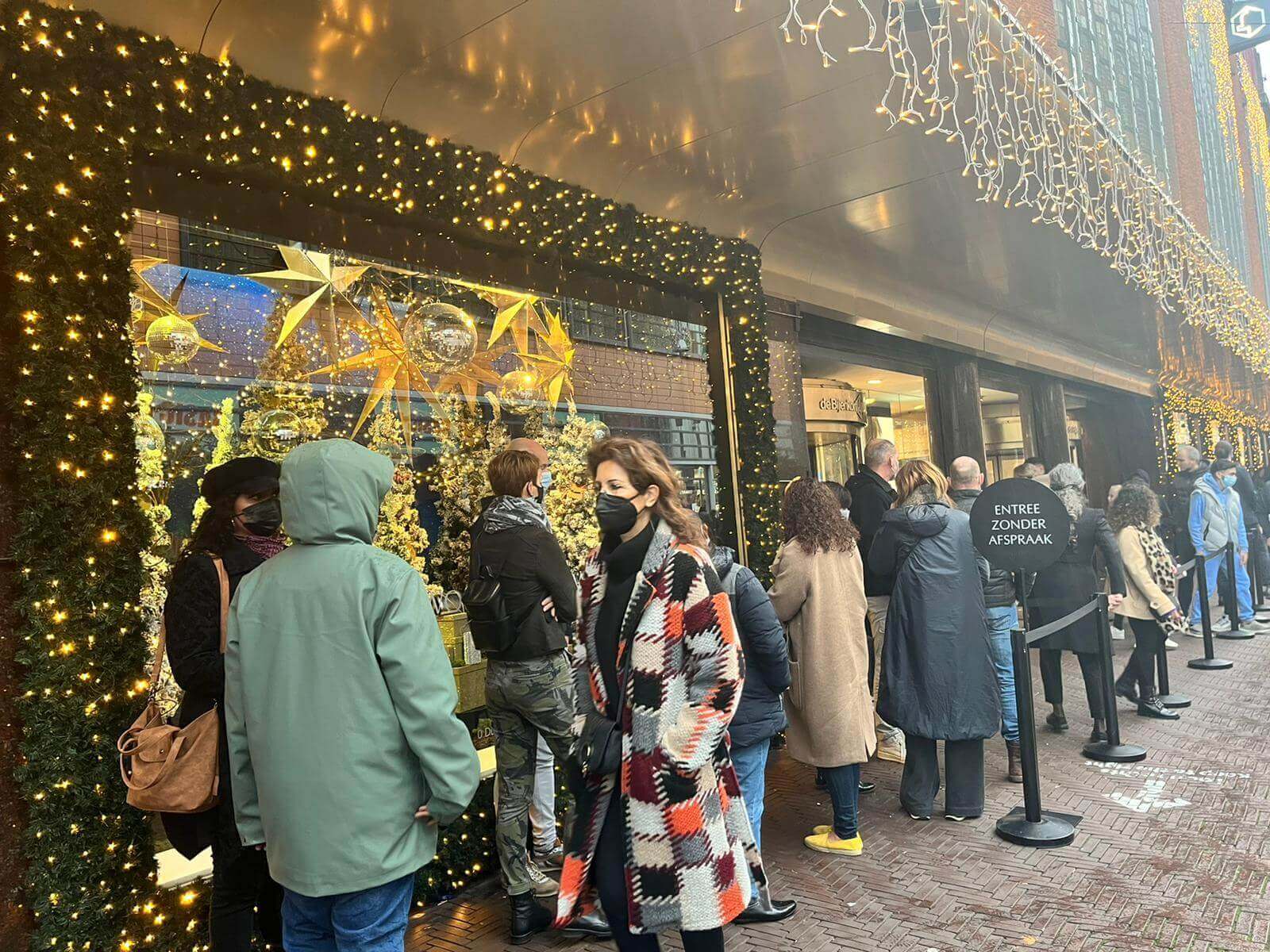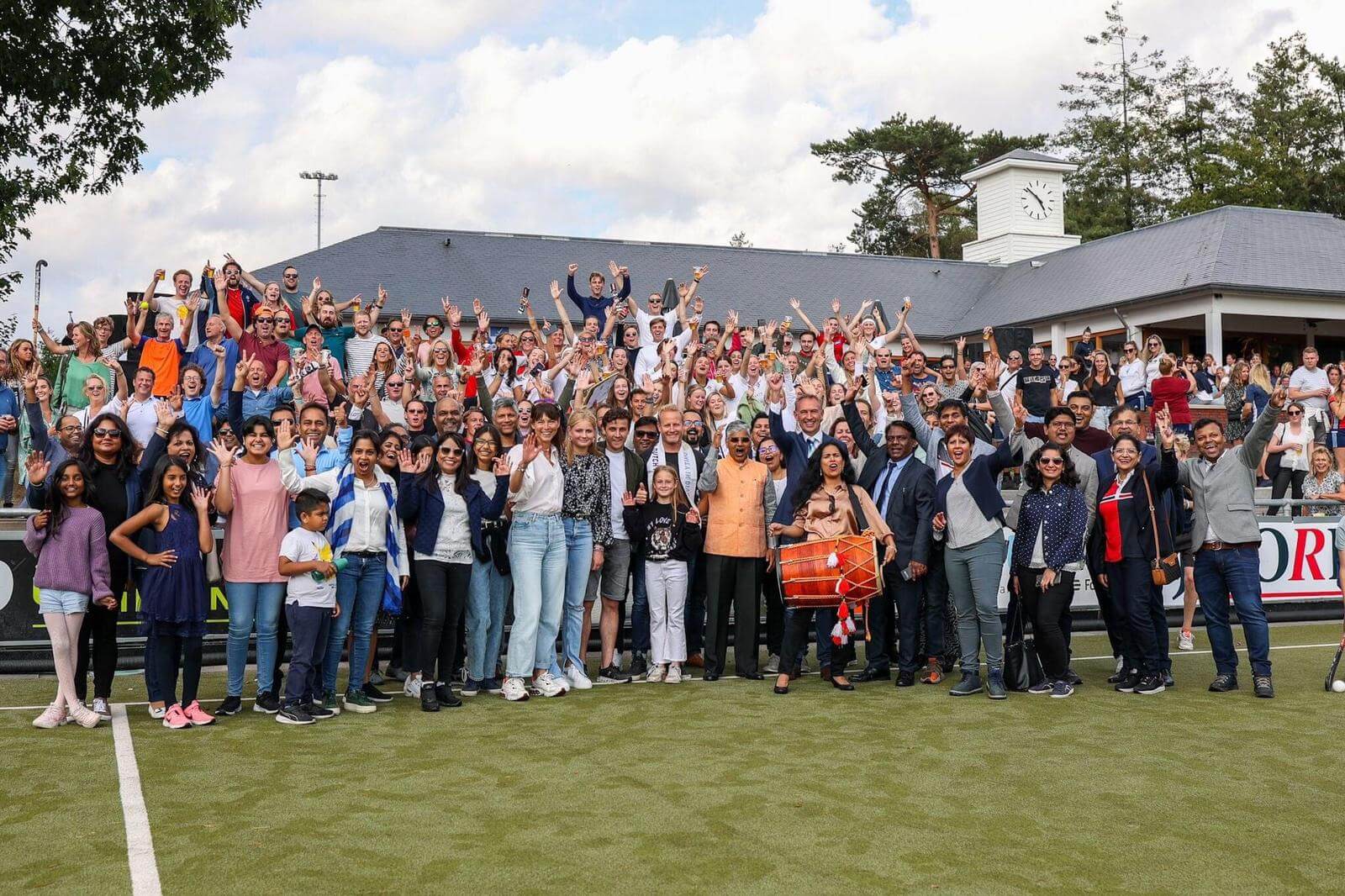Infection rate must go down: stricter rules to limit person-to-person contacts.
The government is tightening up measures to combat the sharp increase in coronavirus infections and avoid putting further pressure on the overburdened healthcare sector.
The aim is to enable people to go about their daily activities (school, work, sports, etc.) as much as possible during the day, but to restrict the number of contacts in the evening.
These measures will enter into force at 18.00 on Saturday 13 November and apply until at least Saturday 4 December.
The government will reassess the situation on Friday 3 December.

Short-term measures-
- Everyone must stay 1.5 metres from others in areas or venues where a coronavirus entry pass is not required.
- Face masks are mandatory in areas or venues where a coronavirus entry pass is not required.
3.Businesses providing non-essential goods and services, such as clothes shops, contact-based services such as hair salons, and casinos must close at 18.00.
4.Food and drink venues and shops selling essential goods, such as supermarkets, pet shops and chemists, must close at 20.00.
Coronavirus entry passes and assigned seats are mandatory in food and drink venues.
5.Events must end at 18.00. Coronavirus entry passes and assigned seats are mandatory, and there is a limit of 1,250 visitors per space.
6.The mandatory closing time does not apply to artistic and cultural performances, for instance in cinemas, theatres and concert halls.
7.Spectators are not allowed at professional or amateur sports events. There are no further restrictions for sports.
8.People are advised to work from home unless that is impossible.
9.No more than four visitors are allowed in your home in a day.
10.If someone in your household tests positive for coronavirus, that person must self-isolate, and everyone else in the household must self-quarantine, whether they are vaccinated or not.
11.In secondary vocational (MBO) and higher education (HBO and universities), the maximum group size, not including staff, is 75 people per room. This does not apply to spaces where examinations are sat.
A complete overview of measures, conditions and exceptions can be found on the page https://www.government.nl/topics/coronavirus-covid-19/tackling-new-coronavirus-in-the-netherlands/coronavirus-measures-in-brief
Financial support will be available for businesses directly affected by these new coronavirus restrictions, such as retailers and food and drink venues.
The government will provide more details about this support for businesses next week.
These new measures come on top of the measures that already apply, including the basic rules, mandatory face masks and the coronavirus entry pass system.
Get tested if you have any symptoms of COVID-19, even if you’re fully vaccinated.
To enable society to reopen as fully and as safely as possible after these three weeks, while keeping the infection rate manageable, the government is working to make coronavirus entry passes mandatory by law in additional sectors and the workplace.
Preparations are also being made to allow businesses to choose whether to apply a 2G or 3G entry policy.
Parliament will have to approve any such legislatio
Infection rate must go down: stricter rules to limit person-to-person contacts.
The government is tightening up measures to combat the sharp increase in coronavirus infections and avoid putting further pressure on the overburdened healthcare sector.
The aim is to enable people to go about their daily activities (school, work, sports, etc.) as much as possible during the day, but to restrict the number of contacts in the evening.
These measures will enter into force at 18.00 on Saturday 13 November and apply until at least Saturday 4 December.
The government will reassess the situation on Friday 3 December.
Short-term measures-
- Everyone must stay 1.5 metres from others in areas or venues where a coronavirus entry pass is not required.
- Face masks are mandatory in areas or venues where a coronavirus entry pass is not required.
3.Businesses providing non-essential goods and services, such as clothes shops, contact-based services such as hair salons, and casinos must close at 18.00.
4.Food and drink venues and shops selling essential goods, such as supermarkets, pet shops and chemists, must close at 20.00.
Coronavirus entry passes and assigned seats are mandatory in food and drink venues.
5.Events must end at 18.00. Coronavirus entry passes and assigned seats are mandatory, and there is a limit of 1,250 visitors per space.
6.The mandatory closing time does not apply to artistic and cultural performances, for instance in cinemas, theatres and concert halls.
7.Spectators are not allowed at professional or amateur sports events. There are no further restrictions for sports.
8.People are advised to work from home unless that is impossible.
9.No more than four visitors are allowed in your home in a day.


10.If someone in your household tests positive for coronavirus, that person must self-isolate, and everyone else in the household must self-quarantine, whether they are vaccinated or not.
11.In secondary vocational (MBO) and higher education (HBO and universities), the maximum group size, not including staff, is 75 people per room. This does not apply to spaces where examinations are sat.

A complete overview of measures, conditions and exceptions can be found on the page
Financial support will be available for businesses directly affected by these new coronavirus restrictions, such as retailers and food and drink venues.
The government will provide more details about this support for businesses next week.
These new measures come on top of the measures that already apply, including the basic rules, mandatory face masks and the coronavirus entry pass system.
Get tested if you have any symptoms of COVID-19, even if you’re fully vaccinated.
To enable society to reopen as fully and as safely as possible after these three weeks, while keeping the infection rate manageable, the government is working to make coronavirus entry passes mandatory by law in additional sectors and the workplace.
Preparations are also being made to allow businesses to choose whether to apply a 2G or 3G entry policy.
Parliament will have to approve any such legislatio












